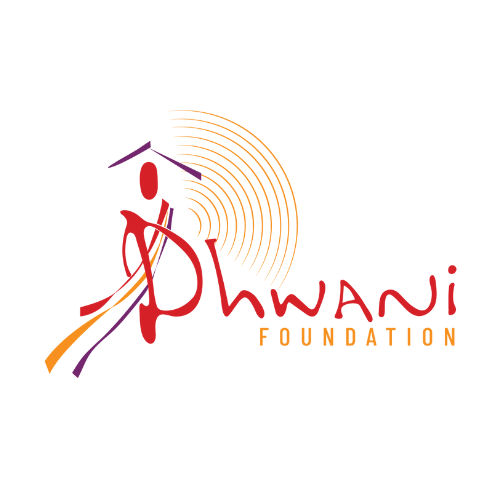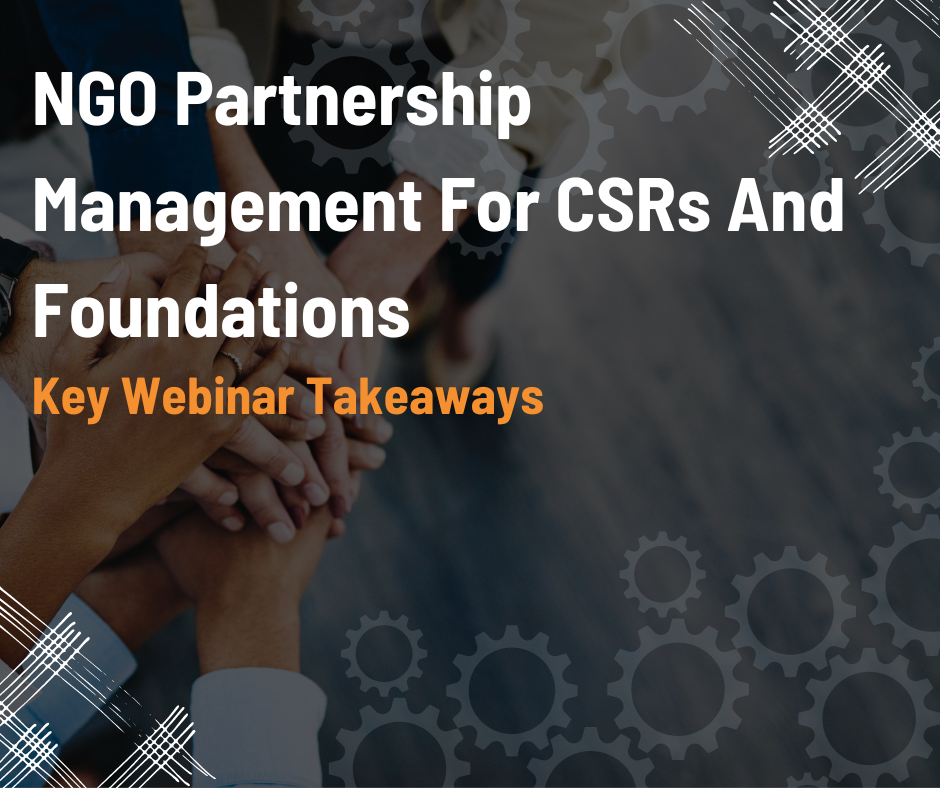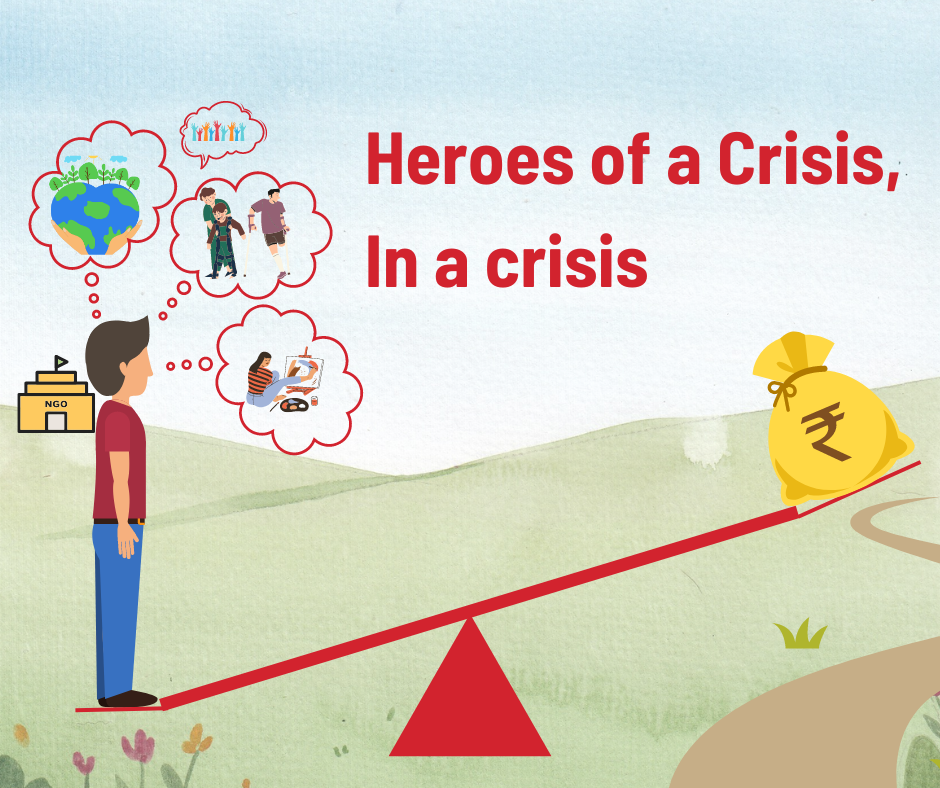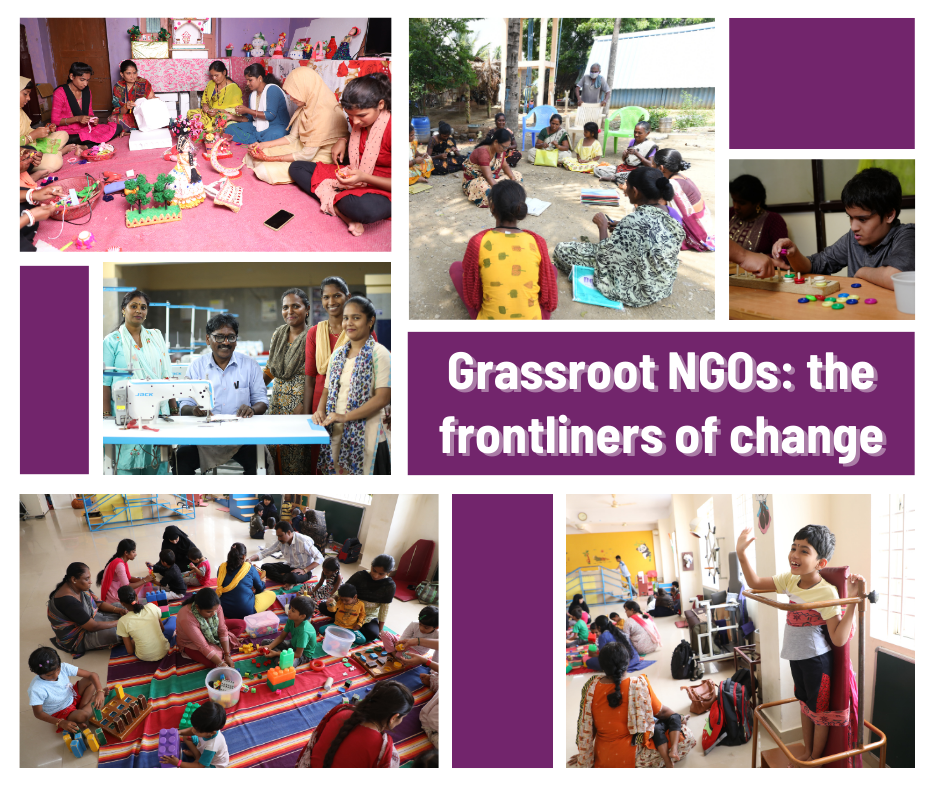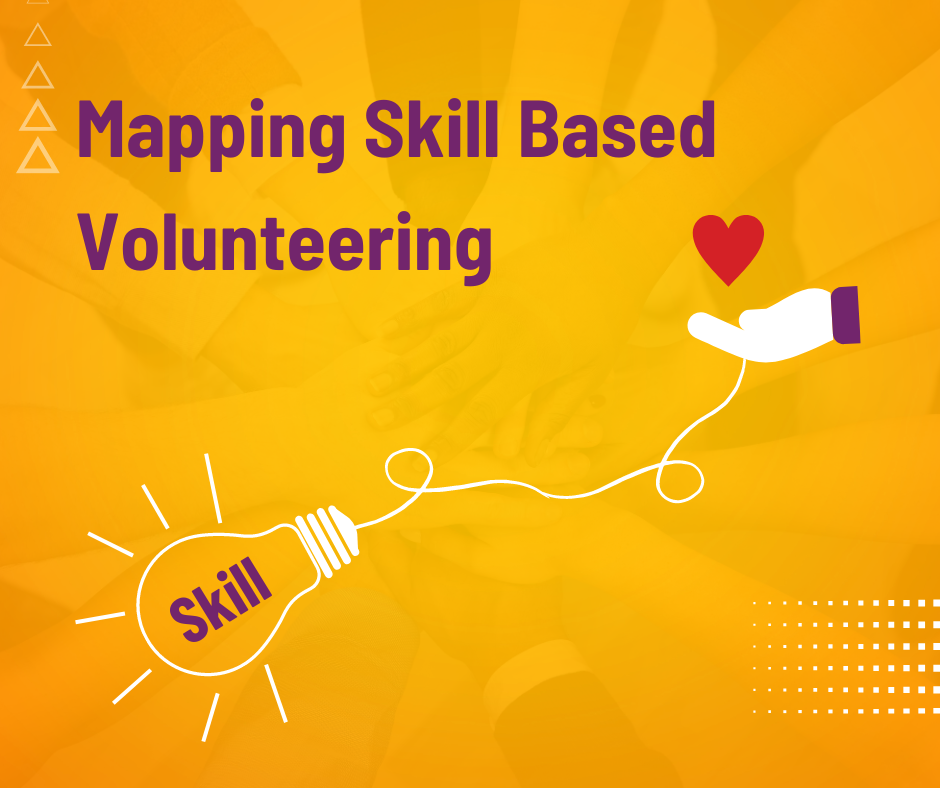COvid Lasika Andolana- COLA
A Collaborative Response of Civil Society Organizations in Karnataka– Full Report
COvid Lasika Andolana or CoLA programme was an emergency response and a small contribution of Dhwani Foundation to supplement the efforts of the Government of Karnataka to contain the spread of the Covid-19 virus particularly in rural Karnataka. Joining hands with the Rural Development and Panchayat Raj (RDPR) department and with the support of 7 NGOs as implementation partners, the most vulnerable communities were vaccinated in 7 Districts.

With the goal to achieve 80% vaccination coverage of the eligible population in 7 districts in 6 months (from July 2021 – December 2021), the campaign was initiated in collaboration with the RDPR Department, Health Department and the District Nodal NGOs.
As of June 2021, the average first dose vaccination among the eligible population was 25% and the Second dose was also 25%.

CoLA teams effectively contributed to achieving an average 99% vaccination of the 1st dose and 80% 2nd dose in the 7 districts by 31st December 2021.

CoLA Campaign focused particularly on vulnerable communities and unreached groups such as Scheduled Caste, Schedule Tribes, Persons with Disability, Senior Citizens, Tribal communities, Migrant families, Minority communities, MNREGA workers and communities living on the border districts to promote the vaccination. Nearly 10.42 lakh persons from vulnerable groups have been reached out and ensured vaccination.
The resources engaged in the implementation
About 90% of the Gram Panchayat Task Forces (GPTF) formed by the government were reached out and closely collaborated on vaccination drives in 7 districts.
12,041 ASHA workers, which is 99% of all the ASHA workers mobilized Their support and involvement were crucial in taking this programme to the remotest of communities.
13,444 (77%) ANMs supported conducting the vaccination campaigns.
7 Nodal NGOs, one for each district were identified and recruited for the programme.
1984 Community volunteers were identified by Nodal NGOs and their services helped in coordinating the vaccination drives.
The strategies that helped:
- Engagement with PHCs/SHCs
- Door-to-door campaigns
- Engagement with Gram Panchayat Task Force
- Engagement with ASHA workers
- Engagement with Anganwadi Teachers
- Awareness & Training programmes
- Volunteer mobilization
- Vaccination camps
- Poster campaigns
- Appreciation certificates to frontline workers
The involvement of 7 Nodal NGO partners with the District Administration, Taluka, Gram Panchayath bodies and officials have strengthened the identity and recognition of the NGOs with a potential for future collaborations and partnerships. The Nodal NGOs at Vijaypura and Bidar got further financial support for the continuation of the vaccination campaign for school children and booster doses for other age groups as well.
Conclusion
The Experiences to Dhwani Foundation in terms of direct programme funding, implementation, creation of systems and processes, monitoring, working with other support organizations such as United Way-Collins Aerospace, specialist organizations in the health sector, engaging with senior officials of the Government of Karnataka and the recognition from the Department has been very enriching and motivating.
When the Covid-19 pandemic struck, we went back to the people and communities – particularly vulnerable groups living in remote parts of rural Karnataka, working along with the government health systems, health workers, community-based organizations and NGOs to address one of the most challenging public health crisis the country had ever witnessed. The Vaccination campaign was successful by the sheer hard work and commitment of the frontline staff. This campaign has again proved that constructive collaboration among Government, the Non-profit sector, Civil society organizations, the Private sector and local communities can greatly contribute to building stronger communities.
The Department recommended the names of 7 nodal NGOs and the Honourable Chief Minister of Karnataka Sri Basavaraj Bommai has signed appreciation certificates for the NGOs.
- Chaitanya Rural Development Society, Shivamogga
- Institute for Rural Development, Vijaypura
- Participative Watershed And Rural Development Agency, Bidar
- Sarvodaya Integrated Rural Development Society, Koppal
- Green Dot Trust, Mysuru
- Society for Empowerment Through Voluntary Action in Karnataka (SEVAK)
- Rural Environmental Awareness Community Help (REACH), Bagalkot
